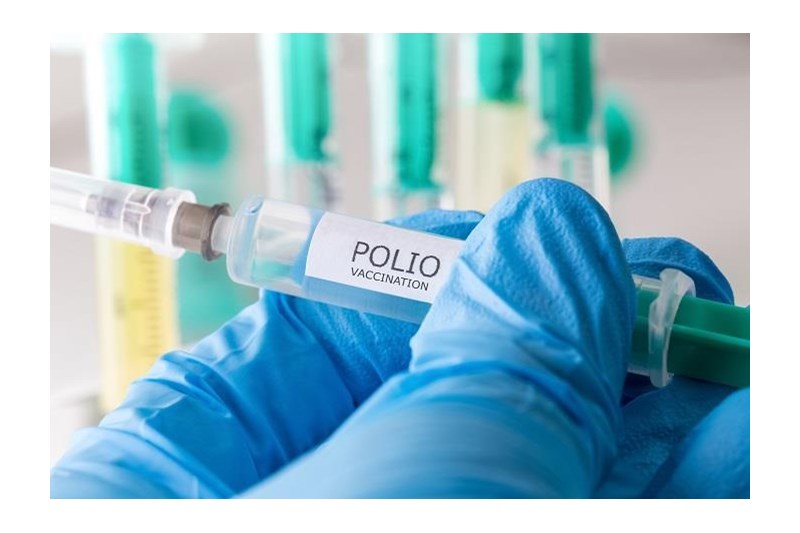In response to polio virus detection in London
BSPD advises dental professionals to discuss immunisation with patients.
Published: 03/08/2022
Recent reports of the detection of the polio virus in sewage samples in London have promoted the British Society of Paediatric Dentistry (BSPD) to issue a note to members. The society’s advice is to highlight the evidence-based risk, explain this to families in the context of UKHSA’s (UK Health Security Agency) announcement and to signpost them to their GP or health visitor.
Whilst currently there is no confirmed UK case of polio, UKHSA have issued a statement recognising the potential severity. So BSPD believes that as part of ‘Making Every Contact Count’ (MECC) and our commitment to provide holistic care for our patients, that this is the ideal opportunity for dentists to play their role.
Dental professionals will be asking about patients’ vaccination status as part of the routine medical history. BSPD believes that this is the moment to ask specifically about polio immunisation and recommends Dental Check by 1 (DCby1), as an ideal time to remind parents and carers to ensure their children’s immunisation records are up to date (DCby1 is BSPD’s campaign to get children into a dentist’s chair before their first birthday).
The polio virus causes a potentially debilitating and, in rare cases, deadly disease. The detection of polio virus is the first known UK community transmission for nearly four decades. The UK Health Security Agency (UKHSA) are urging the public to ensure polio vaccines are up to date, especially parents of young children who may have missed an immunisation opportunity. However, UKHSA also reassured the public that “Vaccine-derived poliovirus is rare and the risk to the public overall is extremely low.”
Author: N/A










.jpg?width=150&height=100&scale=canvas)


